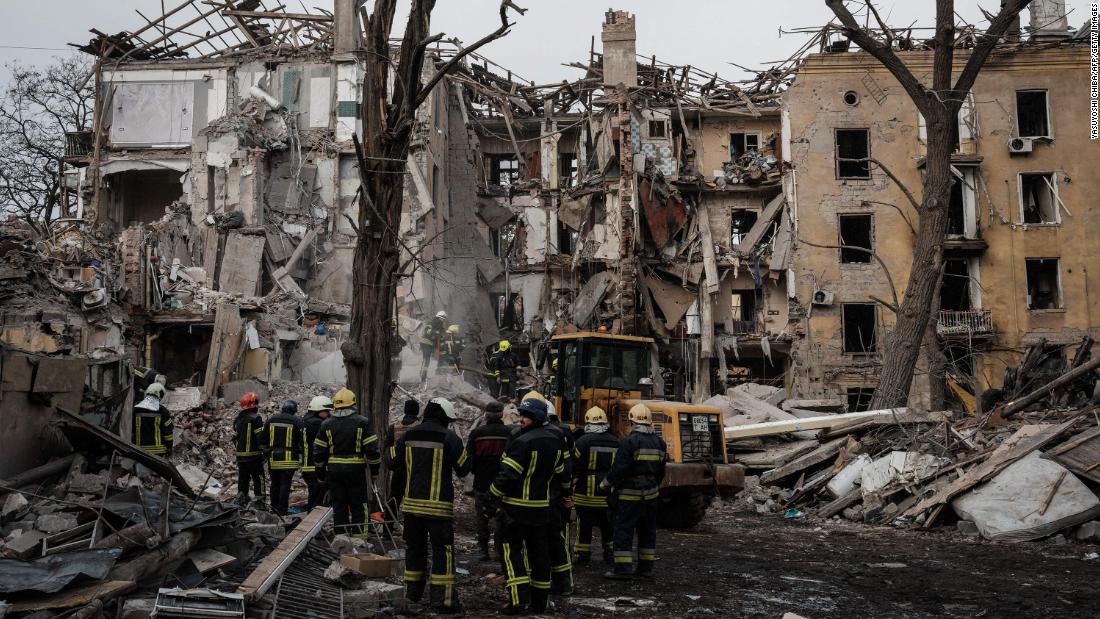

A “significant accident” has resulted in widespread power outages for the southern Ukrainian city of Odesa, where infrastructure has been battered by Russian strikes, according to Ukraine’s Prime Minister Denys Shmyhal.
“A technological accident happened in Odesa today at one of the high-voltage substations that were repeatedly damaged after previous Russian attack,” Shmyhal said in a Facebook post.
Almost 500,000 people were cut out of electricity supply after the “serious accident,” according to a local official. Maksym Marchenko, head of the Odesa region military administration, said on his official Telegram channel that “all services and facilities are involved.”
“The damages are complex and very severe, so it is too early to give any qualitative forecasts on the completion of repairs,” Marchenko said, adding that heat, sewage, and water supply are running normally.
Generators will be delivered to the Odesa region within 24 hours, according to Marchenko. The government will also transport a gas turbine power plant donated by the United States to the city.
In light of the situation, Ukraine’s government convened Saturday for an emergency meeting and decided to form 24-hour government headquarters focused on safeguarding the country’s energy supply, according to Shmyhal.
Shmyhal stressed that the government’s “main task” now is to “revive critical infrastructure and multi-apartment buildings” in Odesa, adding that the heating of these buildings depends on electricity supply.
The Ukrainian energy minister and the head of the utility company Ukrenergo have both headed to the city to help restore energy infrastructure, Shmyhal added.
Stations offering emergency shelter will remain open 24 hours a day to assist those impacted in Odesa, the prime minister said.
Remember: This is not the first time Odesa has been hit by emergency power outages. As recently as Jan. 26, emergency shutdowns were introduced in the city after Russian forces continued their patten of striking energy facilities.
CNN’s Niamh Kennedy and Denis Lapin contributed to this report
